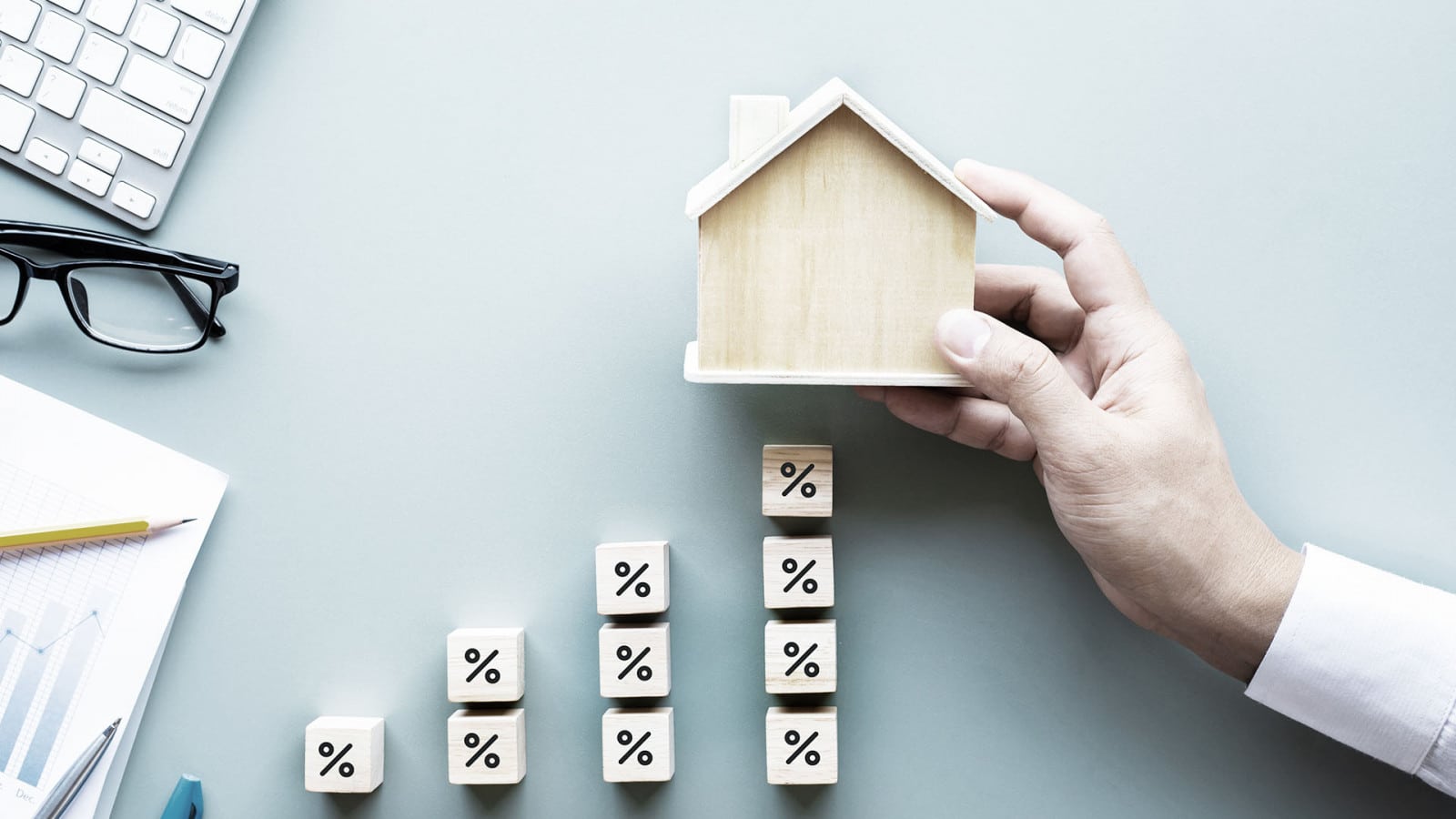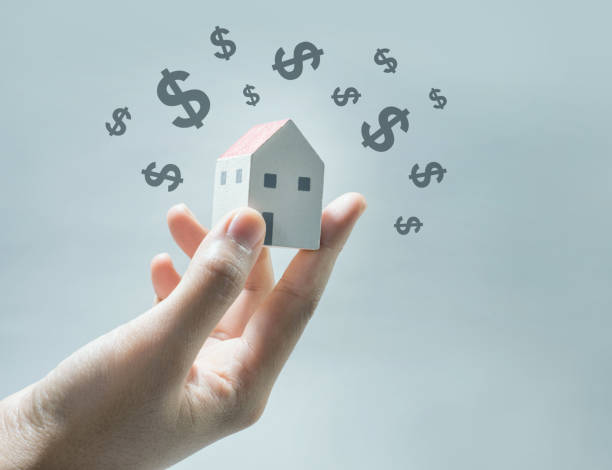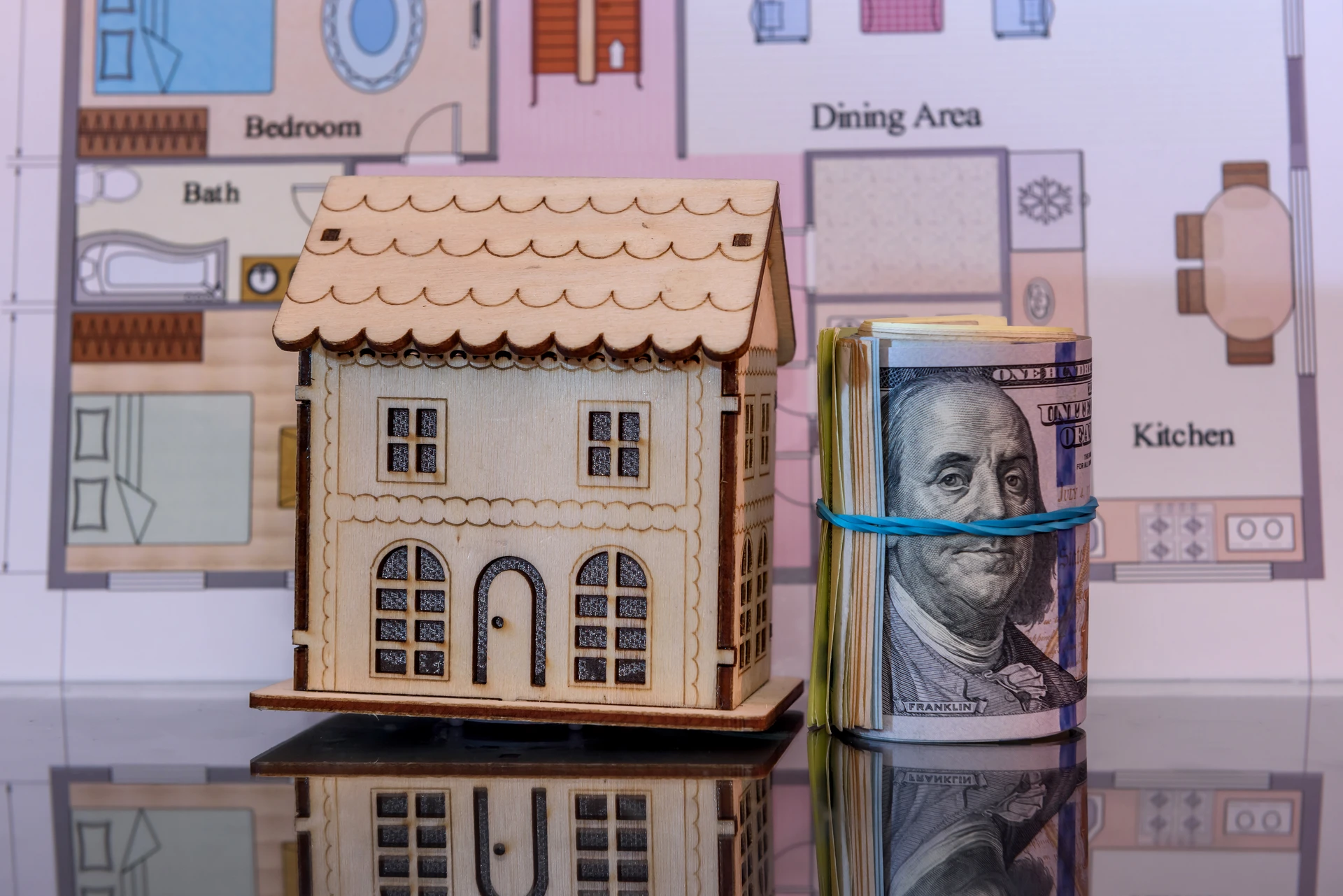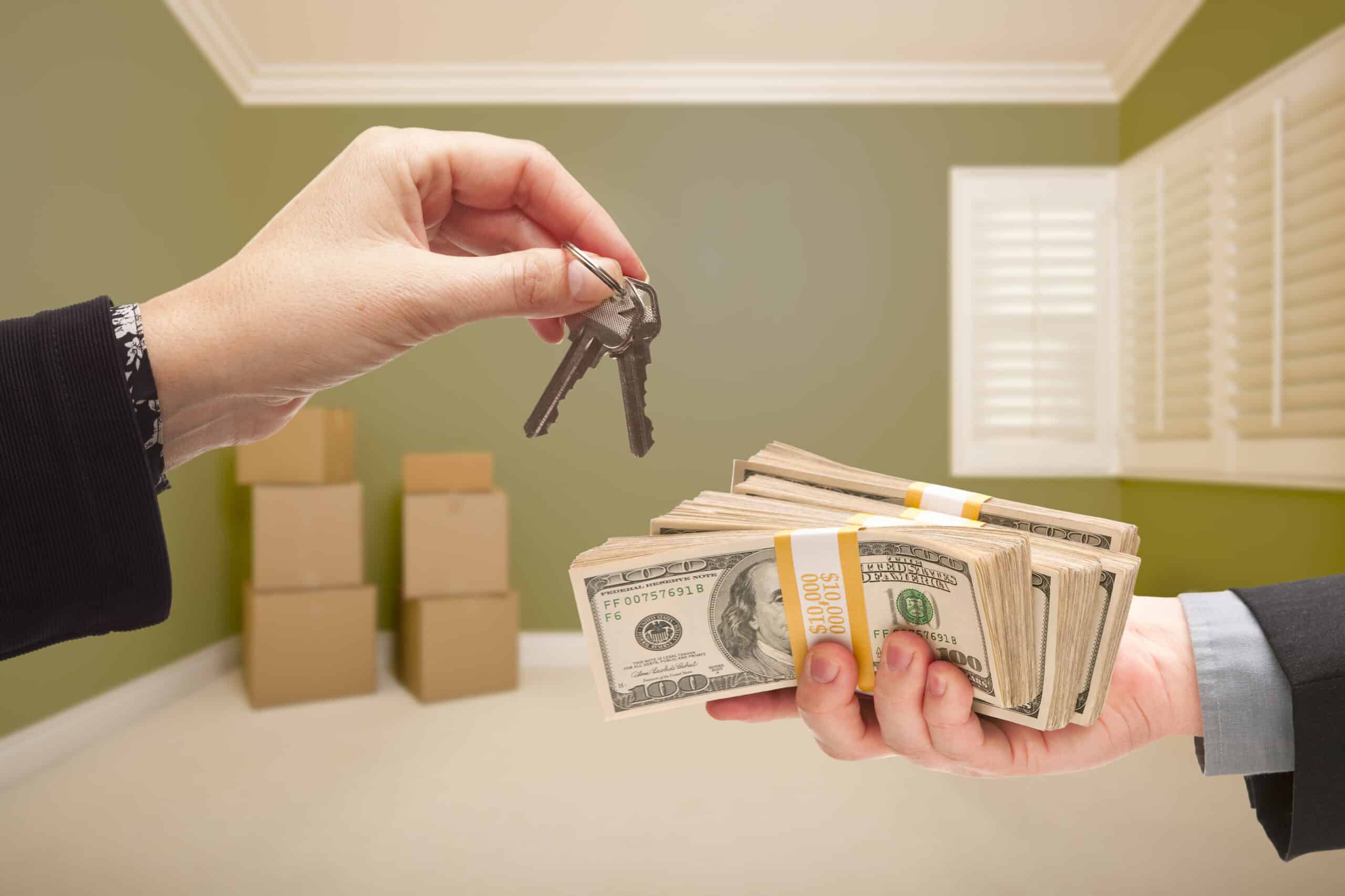
What is an appraisal and house appraisal?

A house appraisal is a crucial step in the home buying process. If your house appraisal returns a lower value than anticipated, it can lead to additional costs, delays, or even jeopardize the entire transaction. What is an appraisal? This article will explore What is an appraisal why it’s essential, and how it can affect your home loan.
What is an appraisal?
A house appraisal is an unbiased, professional evaluation to determine the value of a home or property so you can sell or invest in your house.
When buying or selling a home, a house appraisal ensures that the sale price aligns with the fair market value which will make you avoid over estimation or underestimating your property and you can find more about it in What is an appraisal blog’s post from 99offers.
This protects the homebuyer from overpaying and ensures that the mortgage lender doesn’t lend more than the property’s worth.
Since the house serves as a helping side for the loan, the accuracy of the appraisal is of utmost importance, so you can’t oversee it.
House Appraisal. Everything you need to know
Let’s start with the basics: What exactly is a house appraisal? A house appraisal is a meticulous process conducted by a licensed appraiser who thoroughly inspects a property to determine its true market value.
This assessed value is not always the same as the listing price set by the seller. The appraiser collects all relevant data during the inspection and compiles their findings into a comprehensive report, ultimately arriving at the home’s appraised value.
In cases where a buyer is securing financing through a loan, the lender usually takes charge behind its significance of ordering the appraisal. This is a critical step to ensure that the lender does not take more in lending more money than the property is worth.
How do house appraisals work?
Once a lender orders a house appraisal, a licensed appraiser will either schedule an in-person visit to the property or conduct the appraisal remotely.
In addition to the physical evaluation of the property, the appraiser analyzes recent sales of comparable properties, often referred to as “comps.” This data is gathered from sources such as the local multiple listing service (MLS), tax records, real estate agents, and county court records.
The appraiser also evaluates the neighborhood surrounding the property. For example, a newer house in a growing subdivision might appraise higher than an older house in a declining area.
Here’s a step-by-step overview of what to expect during a house appraisal:
- The lender orders the appraisal. If you’re buying a home, the lender will order the house appraisal after your offer is accepted and the purchase agreement is signed. For refinancing, the lender typically orders the appraisal after your loan application is submitted.
- The appraiser assesses the house. The appraiser will either visit the property in person or to perform a remote evaluation to determine your property value. An on-site visit for a modest house might take just 15 to 30 minutes, while a larger house could require a few hours.
- The appraiser reviews comps. In addition to assessing the property, the appraiser will conduct market analysis and have a look at the public records to determine the value of similar properties and how they compare to your house’s value.
- The appraiser delivers a report and valuation. After gathering all necessary information, the appraiser compiles a report, usually the Uniform Residential Appraisal Report, and submits it to the lender.
As the borrower, you are entitled to a free copy of this report before the loan closes. It’s important to review the report carefully and notify your lender if you find any issues or errors.
What is an appraisal look for?
When having a house appraisal, appraisers consider many factors to determine the home’s value. These may include:
- Location of the house
- Neighborhood (Is it urban, suburban, or rural? Is the area older, or is it newer and expanding?)
- Square footage (of both the house and the lot)
- Layout of the house
- Hazards such as flood risks or other adverse conditions
- Age and condition of the foundation, roof, walls, and overall structure
- Amenities such as a fireplace, deck, or swimming pool
- Condition of appliances
- Sales trends and price ranges for comparable houses in the neighborhood
The appraiser may also examine whether there is any rental income or fees associated with the property, like homeowners association fees, and the cost to build a similar house from scratch.
How a house appraisal determines a home’s value
As the list above indicates, a house appraisal is based on many factors, some of which may not directly relate to the house itself “not always related to the building”. For instance, if a neighborhood has many distressed home sales, it can lower the value of nearby houses so many food in the table, regardless of their condition.
Generally, the appraiser uses the location, age, size, amenities, and condition of a house, along with comparable sales, as the key factors in determining its value.
What if the house appraisal comes in too low?
- A lower-than-expected house appraisal can pose significant challenges in a home sale. If this occurs, the first step is to carefully review the appraisal report for any errors that should have led to the unexpected valuation
- If your sale contract includes an appraisal contingency, and the appraised value is lower than the agreed-upon price, you may have the option to back out of the deal and receive a refund of your earnest money deposit.
- Alternatively, you could negotiate with the seller to lower the price closer to the appraised value. However, if you still want the house and the seller is not ready to negotiate, a lower appraised value might require you to increase your down payment to cover the difference.
- If the house appraisal is part of a loan refinance, you may still be able to proceed by offering to make up the difference. You might also consider requesting a second opinion, especially if you suspect that the first appraiser made obvious mistakes, such as miscalculating the number of rooms or the square footage of the house.
How to prepare for a house appraisal
For homebuyers
- Know your contingencies. Home purchase agreements often include an appraisal contingency, allowing you to take out that from the deal if the house appraisal is lower than expected.
- Don’t feel pressured and make a higher offer. In such a market, it may be tempting to offer more than the house is worth.
Avoid overextending yourself if you lack the extra funds to cover the gap between a higher offer and the actual appraised value.
- Accept that the outcome is out of your control. As the buyer, you have no influence over the house appraisal results. Ensure you have the right contingencies in place so that if the valuation doesn’t meet your expectations, you can walk away without repercussions.
For refinancers
- Prepare your own comps. To help prevent a low house appraisal, provide the appraiser with a list of properties in the area that are comparable to yours. Your real estate agent might assist with this.
- Make a list of improvements. Ensure you get full credit for any renovations or repairs by providing details about the work done on the property. Include photos and receipts if possible.
- Clean and declutter. If the appraiser is visiting your home, take time to make it look its best by tidying up . Mowing the lawn, raking leaves, and tidying up flower beds can also make a positive impression.











